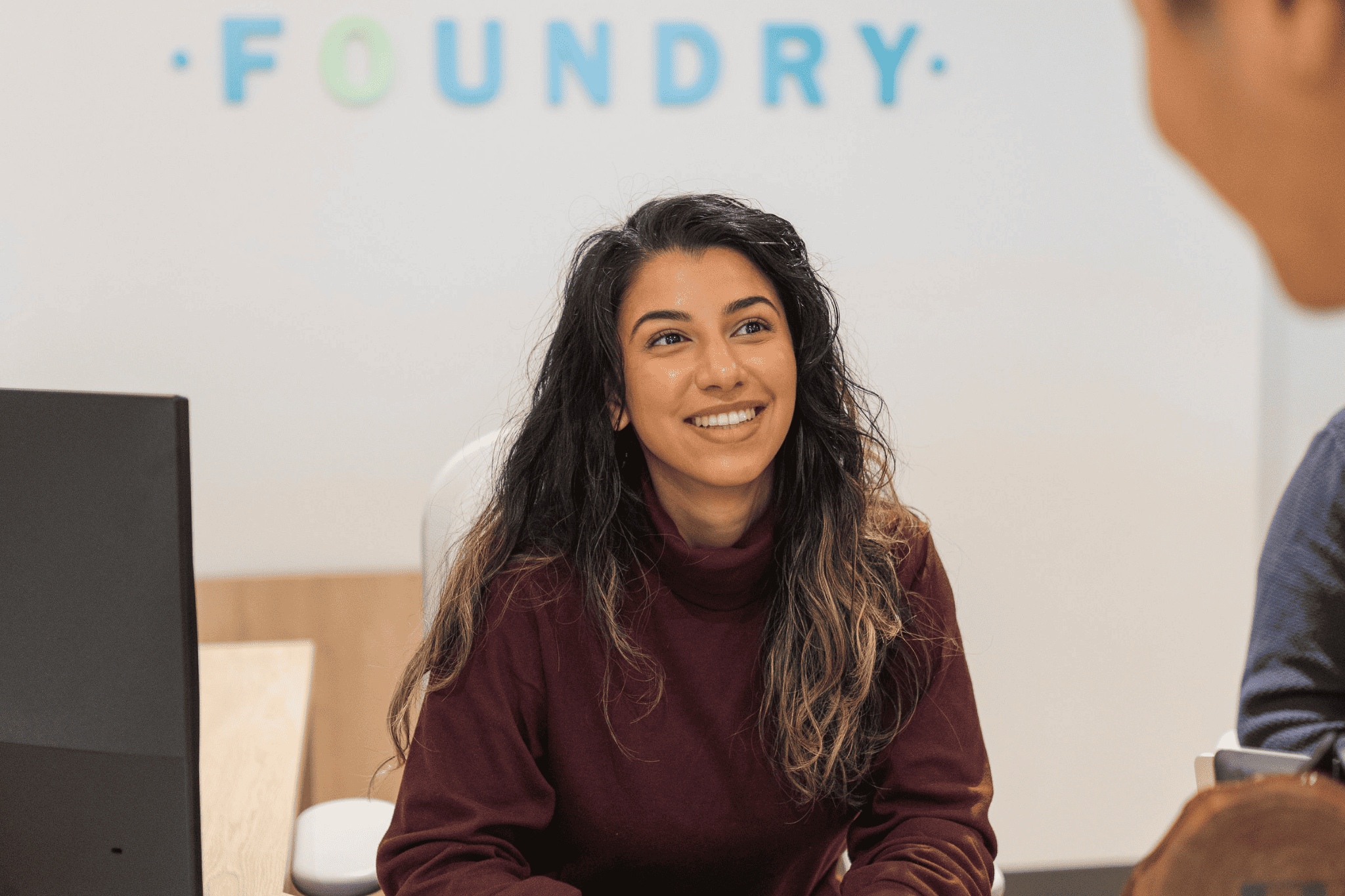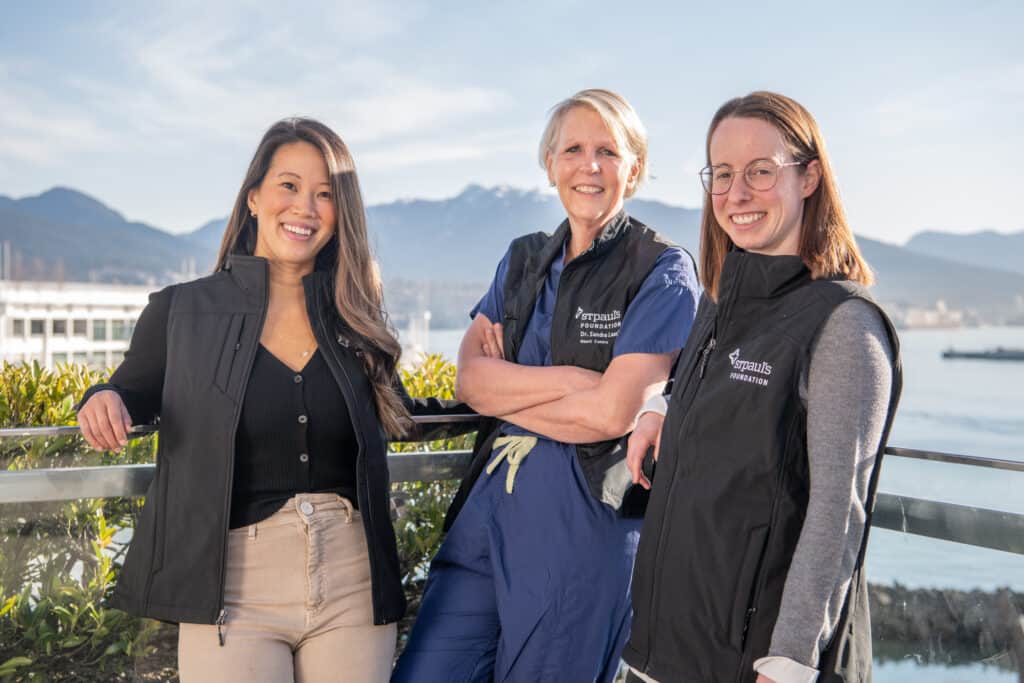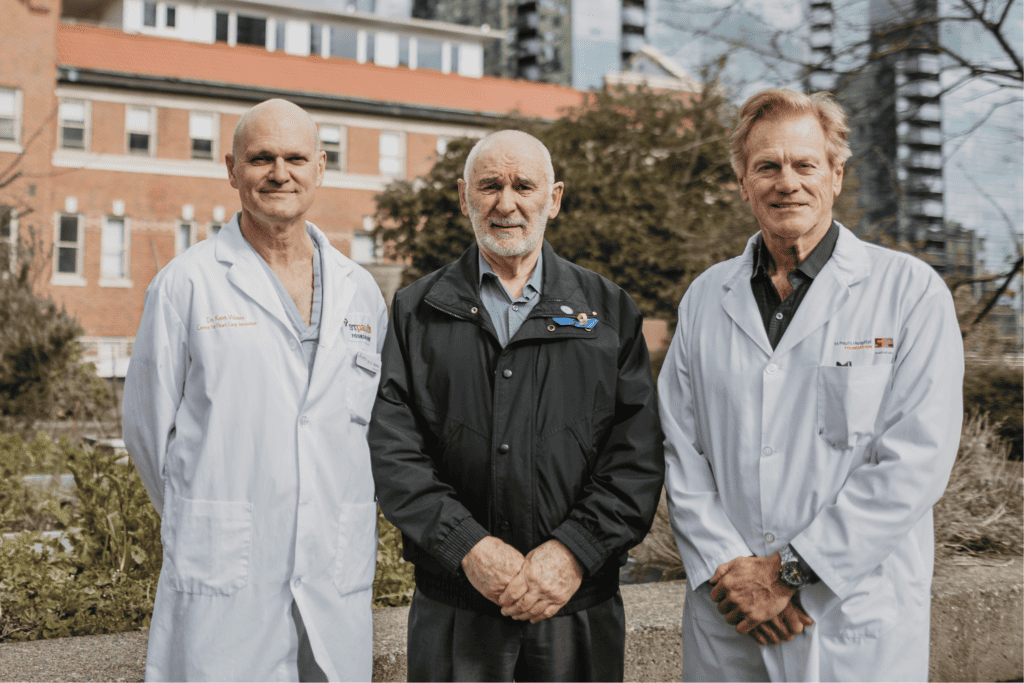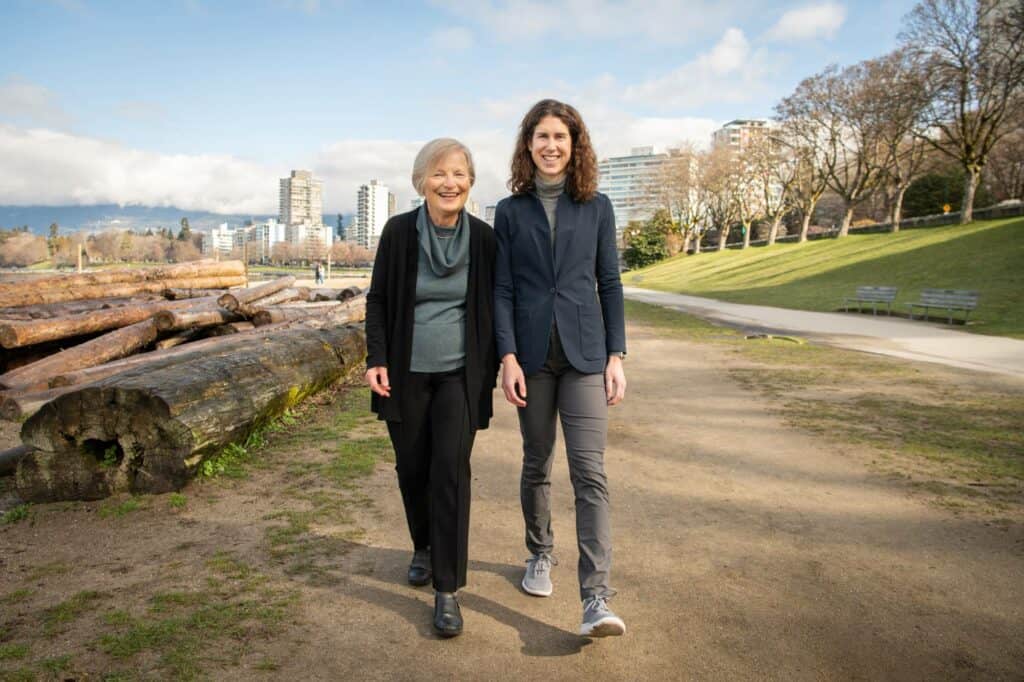Published Promise 2023
This Q&A was brought to life with the help of both Stasa, clinical coordinator at Foundry Virtual BC, and Sierra, communications officer at Foundry.
How is Foundry as a whole working to transform health care for young people?
Foundry offers free and confidential support for young people ages 12 to 24 including mental health care, substance use services, physical and sexual health care, youth and family peer supports, and social services – both online and in-person in communities across BC.
Foundry makes it easy for young people to find youth-friendly, welcoming, and appropriate services – by simply walking into their local Foundry centre, accessing Foundry’s provincial virtual services, or by exploring the tools and resources online at foundrybc.ca. Foundry aims to reach young people earlier – before their health concerns have a severe impact on their health and well-being.
We currently have 16 Foundry centres operating, with several more opening in the coming years. For young people who do not have a Foundry centre in their community, or experience barriers accessing in-person services, we offer virtual services through the Foundry BC app.
Are you able to share a bit about the outcomes of the work being done through Foundry Virtual BC?
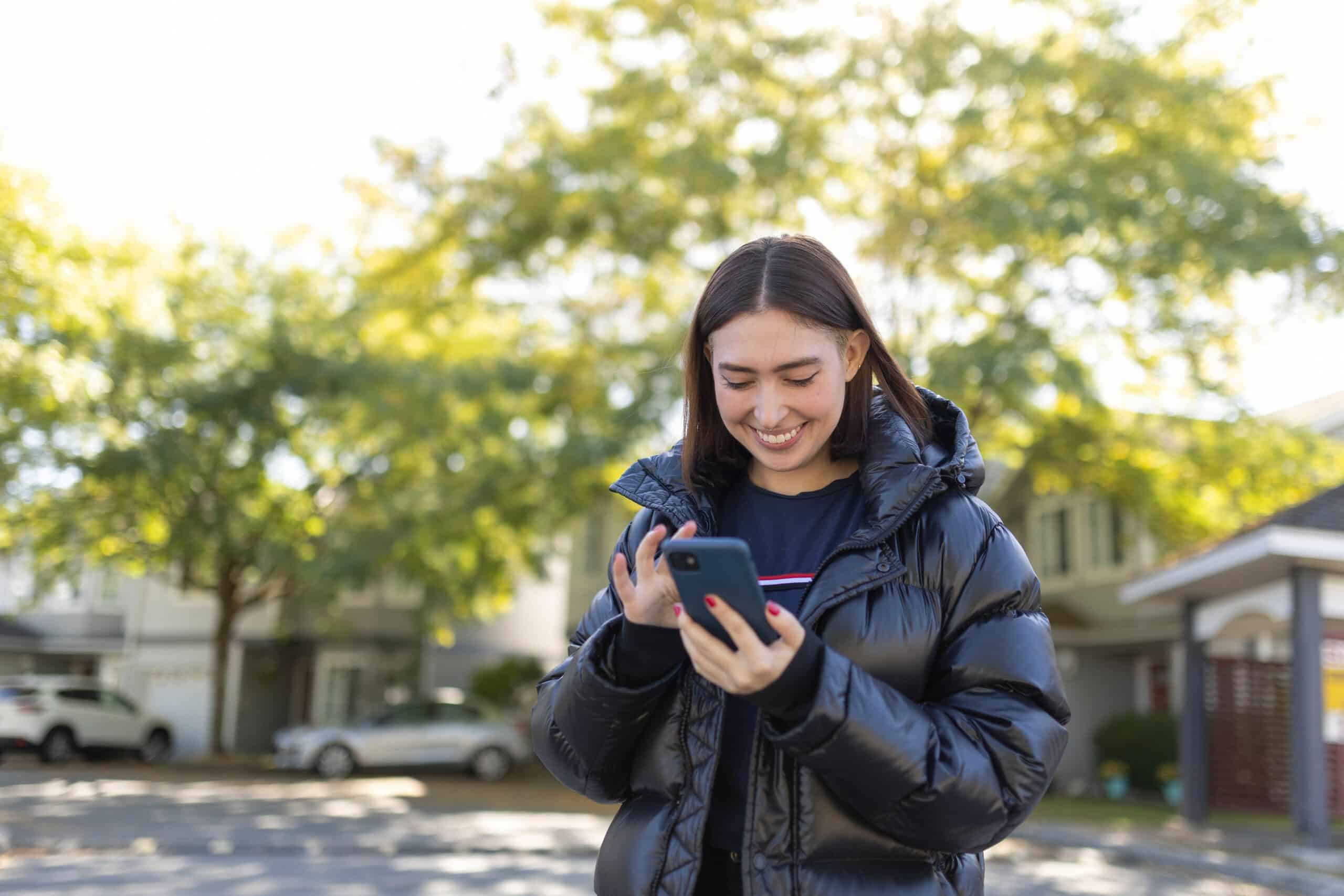
Foundry Virtual BC offers all the same services available at a Foundry centre, virtually, through the Foundry BC app. Our virtual services are available for BC youth ages 12 to 24 and their caregivers who experience barriers accessing in-person services or do not have a local Foundry centre, particularly in rural and remote communities.
The outcome of our work is very rewarding, particularly when we know that mental health resources and wellness supports are limited, or often have lengthy waitlists.
Stasa, Foundry Virtual BC’s clinical coordinator shared some words surrounding the impact the virtual team is providing. “During our team debriefs, we frequently hear from a service provider who has received a follow-up email from a youth after a few months. Often, these young people are beaming with pride and can’t wait to share some of the growth they have experienced. We also see young people who start accessing our services with some nervousness and hesitancy around certain topics they are seeking support for, initially connecting with a youth peer support worker. Over the next few sessions, they feel more confident in themselves and end up accessing other services including counselling and employment services.”
“To watch a young person open up and take more action toward a healthier and happier self is always encouraging to our team of service providers.”
– Stasa
How has the organization maneuvered through the last few years?
At a time when in-person services were eliminated or reduced due to the COVID-19 pandemic, Foundry Virtual BC services were launched, allowing young people and their caregivers to schedule virtual appointments in advance, access same-day support through messaging, audio or video sessions, join group sessions with peers, and access web-based tools and resources.
“Our team has been able to get creative and support young people from wherever a safe and comfortable space was for them. Youth were accessing our virtual services from their bedroom, out on a walk with their dog, from a community park, or from school (when schools re-opened). Working virtually has also allowed our team of service providers to grow and work remotely from communities across BC- not just the Lower Mainland. The diversity of experiences – from education to lived experience to physical locations across BC – has proven to be something that youth and caregivers appreciate. We have heard from our clients that accessing mental health and wellness supports virtually is often easier and feels like a good first step in one’s life,” says Stasa.
All Foundry centres across BC are open again, many of which have shifted to offering additional virtual services to meet the needs of their local youth in a low-barrier modality. This has allowed the team of service providers through Foundry Virtual BC to shift their focus to include all of BC youth, including rural and remote communities.
Can you share a bit more about the rural and remote work that Foundry Virtual BC is doing?

Foundry’s vision is to transform access to services for young people in BC. The opportunity to expand Foundry’s service reach to rural and remote communities brings us closer to this goal. It’s an exciting time for the Foundry Virtual BC team, as we begin to explore relationships, conversations, and partnerships with folks in rural and remote communities across the province.
Through communications and community development work, we have been able to travel to communities that do not have an existing Foundry centre, and have conversations with physicians, teachers, mental health service providers, caregivers, and youth. Thanks to these conversations, we’ve learned about their communities’ unique and individual needs, existing resources, and talk about ways that Foundry Virtual BC can support their gaps.
As many of these communities have barriers to accessing services (transportation, finances, etc.) our team is learning every day how we can be flexible and honour local community needs. For example, we have heard from several Indigenous communities the desire to have more members on our service provision team who also identify as Indigenous, to provide more culturally informed services. With this feedback, we have been working with Elders, local Indigenous agencies, and our community development team to ensure that staff are providing culturally sensitive care and expanding our team by hiring an Indigenous wellness coordinator and Indigenous peer support worker. We know we still have a lot to learn and unlearn – it’s a powerful time to do this work.
What do you envision Foundry Virtual BC will become in the future, and what do you need to get there?
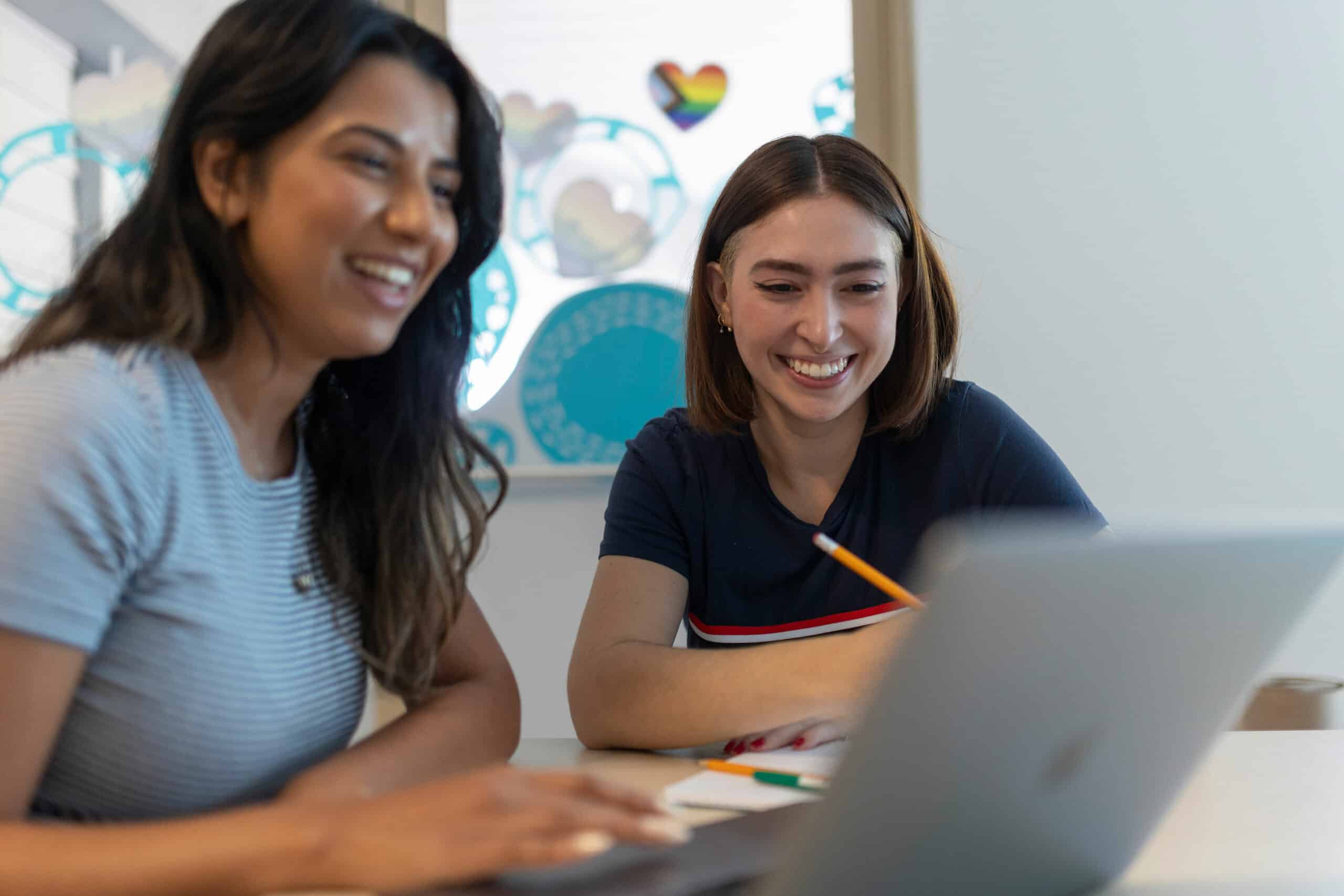
As our world continues to change and evolve, we know that we need to do our part alongside it. Aligning with Foundry’s vision to transform access to services for youth across BC, our team of service providers with Foundry Virtual BC are passionate about learning and adapting to change, and providing young people and caregivers with low-barrier access to health and wellness services, wherever and whenever they need it. Foundry’s provincial virtual services bring us closer to this goal, by connecting individuals in more rural and remote communities, reducing barriers to accessing services, providing various ways to connect, and working with communities to understand what their unique needs are and how we can support.
“There is still a lot more work to do in the rural and remote communities. As this work continues to grow, so do our funding needs. It would be great if we had more funding to support the unique needs in these communities, particularly in their accessibility to services. As we know, each community is different, so we can’t provide a blanket approach. For example, ensuring that we have the proper amount of team members who are able to focus on building relationships, trust, and rapport in these communities is key to the work that we do.
With this, I think it is very important to note that we need to build capacity to offer trauma support to these youth. The reality is that experiences of trauma can have lifelong lasting impacts and rather than later supporting them to reduce substance use, find better coping strategies, mitigate self-harm, etc., aligning with Foundry’s vision of early intervention, trauma-specific therapy could help offer adequate support as early as possible to mitigate the potential negative effects of these awful experiences. Supporting youth who have experienced trauma could take on many shapes, including the following: individual sessions, groups, skills group specifically for coping with trauma, short-term immediate interventions, and support groups for particular topics.
Lastly, our team is large, but we are also serving the whole province. Our team needs more people in each role, whether that be clinically, in communications, through community development, and leadership. The more people we can get on the team, the bigger our capacity for our services,” says Stasa.
Donate to Foundry today at helpstpauls.com/foundry.
